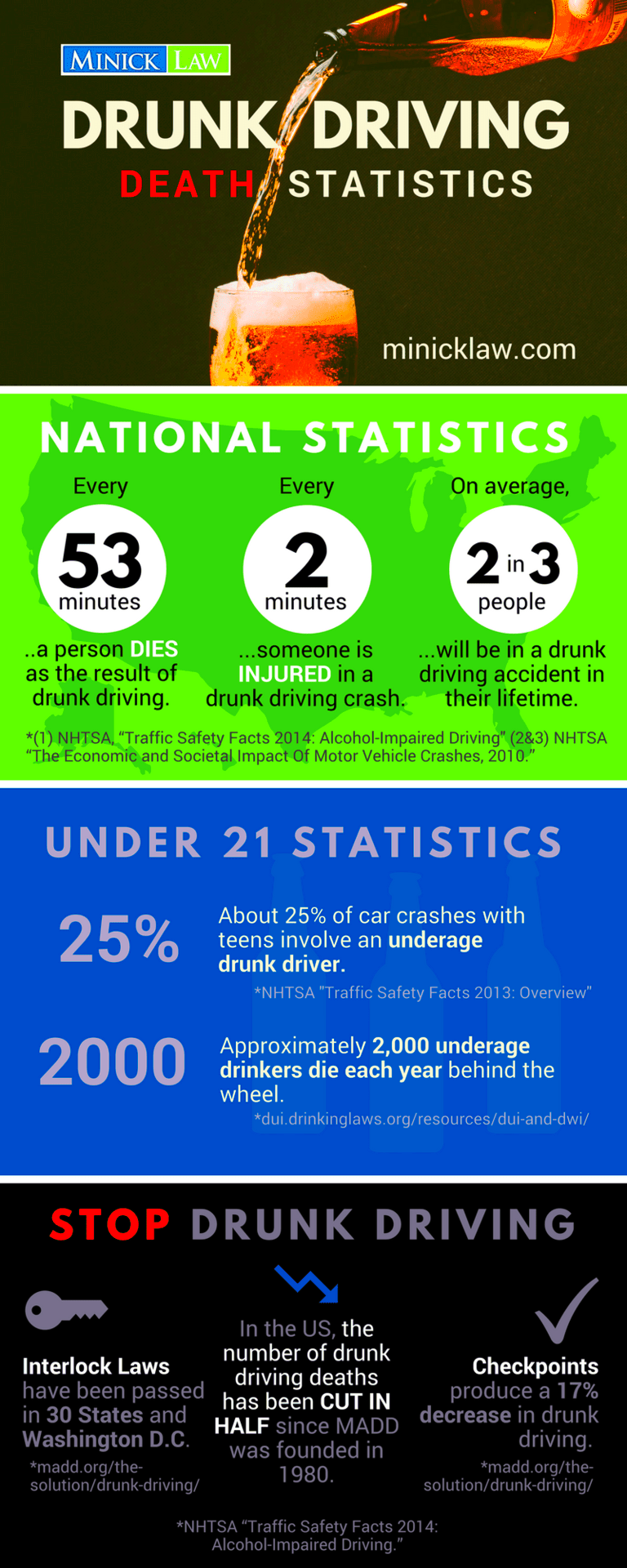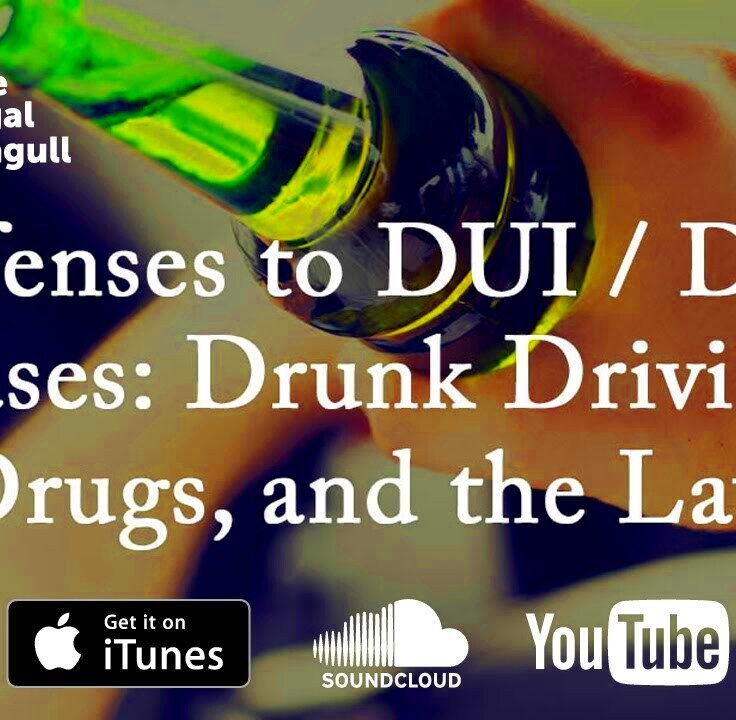DWI Case Law and Legal Precedents in Drunk Driving Cases
Driving While Intoxicated (DWI) is a serious offense that can have significant consequences for individuals and society. Understanding DWI laws is crucial for drivers, as it helps them navigate the legal landscape surrounding drunk driving. The importance of these laws cannot be overstated, as they aim to protect public safety by deterring individuals from driving under the influence of alcohol or drugs. Awareness of DWI regulations can lead to safer roads and help individuals make informed choices.
Overview of DWI Laws in Different States

DWI laws can vary significantly from one state to another. Here’s a brief overview of how some states approach DWI:
- Texas: In Texas, DWI is defined as driving with a blood alcohol concentration (BAC) of 0.08% or higher. The penalties can include fines, license suspension, and even jail time.
- California: California has a similar BAC limit but has strict penalties for repeat offenders, including mandatory treatment programs.
- New York: New York also sets the BAC limit at 0.08% but has severe penalties for higher BAC levels or for drivers under 21.
- Florida: Florida’s laws include a “zero tolerance” policy for drivers under 21, meaning any detectable alcohol can lead to penalties.
These examples illustrate how DWI laws can differ, affecting how offenders are treated across the country.
Key Legal Precedents in DWI Cases
Legal precedents play a vital role in shaping DWI laws and their enforcement. Some key cases include:
| Case | Significance |
|---|---|
| Birchfield v. North Dakota (2016) | This case ruled that police cannot demand blood tests without a warrant, emphasizing the Fourth Amendment rights. |
| Missouri v. McNeely (2013) | This ruling stated that a warrant is generally required for blood draws in DWI cases, which affects how law enforcement conducts tests. |
| State v. Schmidt (2014) | This case clarified the need for probable cause before conducting a breath test, impacting DWI arrest protocols. |
These precedents help establish the legal framework within which DWI cases are prosecuted, ensuring that individuals’ rights are protected while promoting public safety.
The Role of Blood Alcohol Content in DWI Cases
Blood Alcohol Content (BAC) is a crucial factor in DWI cases. It measures the percentage of alcohol in a person’s bloodstream and is a primary indicator used by law enforcement to assess impairment. Understanding BAC and its implications can help drivers make better choices regarding alcohol consumption and driving. Most states set the legal limit at 0.08% for drivers aged 21 and older. However, there are different standards for underage drivers and commercial vehicle operators.
Here are some key points about BAC in DWI cases:
- Testing Methods: Law enforcement uses various methods to determine BAC, including breathalyzers, blood tests, and urine tests. Breath tests are the most common because they are quick and non-invasive.
- Implications of Different BAC Levels:
- 0.02% – Minor impairment, noticeable effects on judgment.
- 0.05% – Increased risk of accidents, difficulty with coordination.
- 0.08% – Legal limit for driving, significant impairment.
- 0.15% – High level of impairment, severe consequences for driving.
- State Variations: Some states have stricter BAC limits for certain groups, like commercial drivers and those under 21. For example, many states enforce a zero-tolerance policy for underage drivers.
Understanding the role of BAC is essential for anyone who drinks and drives. It can not only prevent legal issues but also save lives on the road.
Defenses Against DWI Charges
Facing DWI charges can be overwhelming, but there are several defenses that individuals can consider. A strong defense can help mitigate or even dismiss the charges, depending on the circumstances. Here are some common defenses used in DWI cases:
- Improper Traffic Stop: If law enforcement did not have probable cause to pull you over, any evidence collected may be deemed inadmissible in court.
- Inaccurate Testing Equipment: Breathalyzers and other testing devices can malfunction or provide false readings. An attorney can challenge the accuracy of these devices.
- Medical Conditions: Certain medical conditions can affect BAC results. For example, individuals with diabetes or acid reflux may produce false positives on breath tests.
- Violation of Rights: If your rights were violated during the arrest process, such as not being read your Miranda rights, it may lead to a dismissal of the charges.
- Rising BAC Defense: This defense argues that the individual’s BAC was below the legal limit while driving but rose above the limit by the time they were tested.
It’s essential to consult with a knowledgeable attorney who can assess your specific situation and provide tailored legal advice.
Consequences of a DWI Conviction
A DWI conviction can have lasting effects on an individual’s life. The consequences go beyond just legal penalties; they can impact personal relationships, employment, and more. Understanding these consequences can motivate individuals to make safer choices. Here are some common repercussions:
| Consequence | Description |
|---|---|
| Legal Penalties | These can include fines, jail time, probation, and community service. The severity of the penalties often depends on the number of offenses. |
| License Suspension | Many states impose automatic license suspensions upon conviction, which can last from a few months to several years. |
| Increased Insurance Rates | A DWI conviction typically results in higher insurance premiums or difficulties obtaining insurance. |
| Employment Challenges | Some employers conduct background checks, and a DWI conviction can hinder job opportunities, especially in driving-related fields. |
| Personal Relationships | A DWI conviction can strain personal relationships, leading to trust issues and stress within families. |
Overall, the consequences of a DWI conviction can be severe and far-reaching. It’s crucial to understand these implications and seek legal guidance to navigate the complexities of DWI laws.
How DWI Cases Are Handled in Court
DWI cases go through a specific legal process in court that can be confusing for many individuals. Understanding how these cases are handled can help defendants navigate the system more effectively. Generally, a DWI case starts with an arrest, followed by a series of court appearances, including arraignment, pre-trial hearings, and the trial itself. Each stage plays a vital role in determining the outcome.
Here’s a breakdown of the typical court process for DWI cases:
- Arraignment: This is the first court appearance where the defendant is formally charged and enters a plea. It’s essential to have legal representation at this stage.
- Pre-Trial Motions: Before the trial, both the defense and prosecution may file motions to dismiss evidence, challenge the legality of the stop, or request plea deals.
- Trial: If a plea deal is not reached, the case goes to trial. The prosecution must prove the defendant’s guilt beyond a reasonable doubt. Both sides will present evidence and witnesses.
- Sentencing: If found guilty, the judge will determine the appropriate penalties, which can include fines, jail time, or treatment programs.
Throughout this process, having an experienced attorney can significantly impact the case’s outcome, helping to protect the defendant’s rights and explore all available defenses.
Future Trends in DWI Law
As society continues to evolve, so do the laws surrounding DWI. Understanding these trends can provide valuable insights into how legal systems may adapt in response to changing behaviors and technologies. Here are some emerging trends in DWI law:
- Increased Use of Technology: Breathalyzer devices and ignition interlock systems are becoming more sophisticated. Courts may mandate these devices for offenders, ensuring they do not drive while impaired.
- Stricter Penalties: Many states are considering harsher penalties for repeat offenders, including longer jail sentences and more extensive rehabilitation programs.
- Expansion of Drugged Driving Laws: As marijuana and other drugs become legal in more states, laws are being updated to address driving under the influence of substances other than alcohol.
- Public Awareness Campaigns: There is a growing focus on public education regarding the dangers of drunk driving, leading to more proactive measures to prevent DWI incidents.
These trends highlight the importance of staying informed about DWI laws, as changes can significantly impact individuals’ rights and responsibilities on the road.
Frequently Asked Questions
When it comes to DWI cases, many people have common questions that can help clarify the legal process and its implications. Here are some frequently asked questions:
| Question | Answer |
|---|---|
| What is the legal limit for BAC? | In most states, the legal BAC limit is 0.08% for drivers over 21, but it can be lower for commercial drivers and those under 21. |
| Can I refuse a breathalyzer test? | While you can refuse a breathalyzer, doing so may result in automatic license suspension and other penalties under implied consent laws. |
| How long does a DWI stay on my record? | This varies by state, but a DWI can stay on your record for several years, affecting future job opportunities and insurance rates. |
| Do I need a lawyer for a DWI case? | It’s highly advisable to seek legal representation, as an experienced attorney can navigate the complexities of DWI laws and improve your chances of a favorable outcome. |
Having answers to these questions can empower individuals to make informed decisions when facing DWI charges or seeking to understand their rights.
Conclusion
Understanding DWI laws and the processes involved in DWI cases is essential for anyone who drives. With the serious implications of driving while intoxicated, it is crucial to be informed about legal standards, potential defenses, and the consequences of a conviction. As laws evolve with changing societal norms and technological advancements, staying updated on future trends can help individuals make informed choices. If you find yourself facing DWI charges, consulting with an experienced attorney can make a significant difference in the outcome of your case. Remember, awareness and education are key to promoting safer roads and ensuring that your rights are protected.


